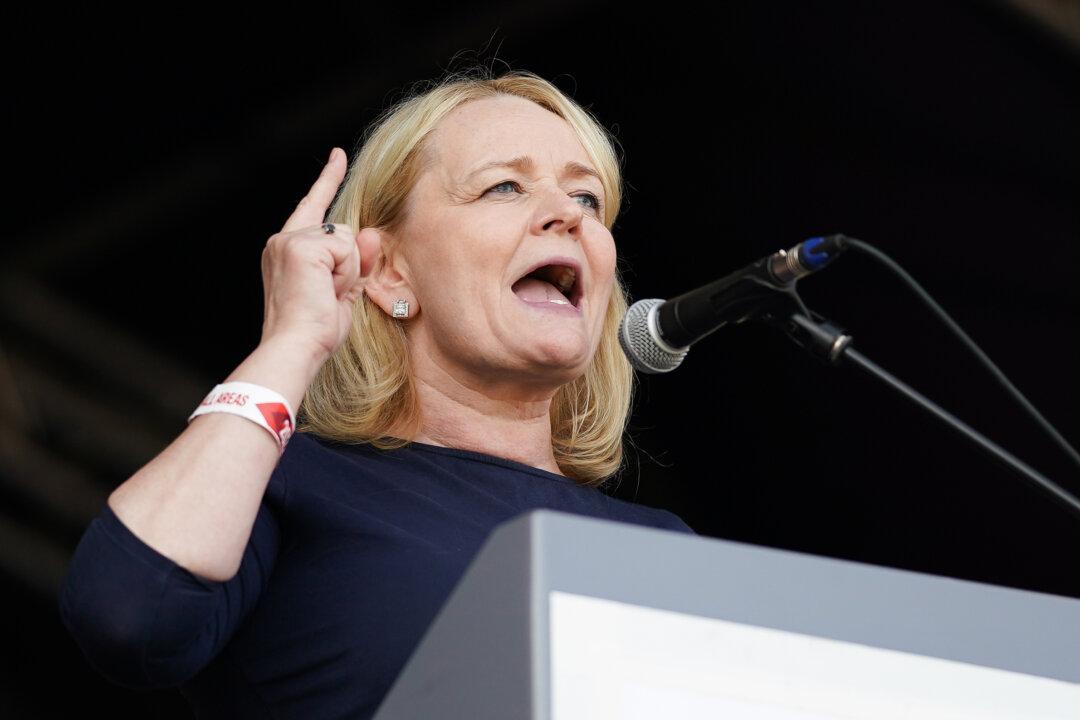The UK Labour Party’s biggest union donor has threatened to withdraw funding from the party over its refusal to support strike actions.
In an interview with The Observer newspaper, Sharon Graham, general secretary of the Unite union, said Labour is becoming “irrelevant to workers” and the party’s leadership under Sir Keir Starmer is in effect “sticking two fingers up” at workers with its response to strike action and its abandonment of pledges to renationalise public utilities.





